Every year, the eight faculties at TU Delft choose a best graduate of the year. Meet the nominees here in Delta.
Best Graduate 2018. (Photo: Delft University Foundation Fund)
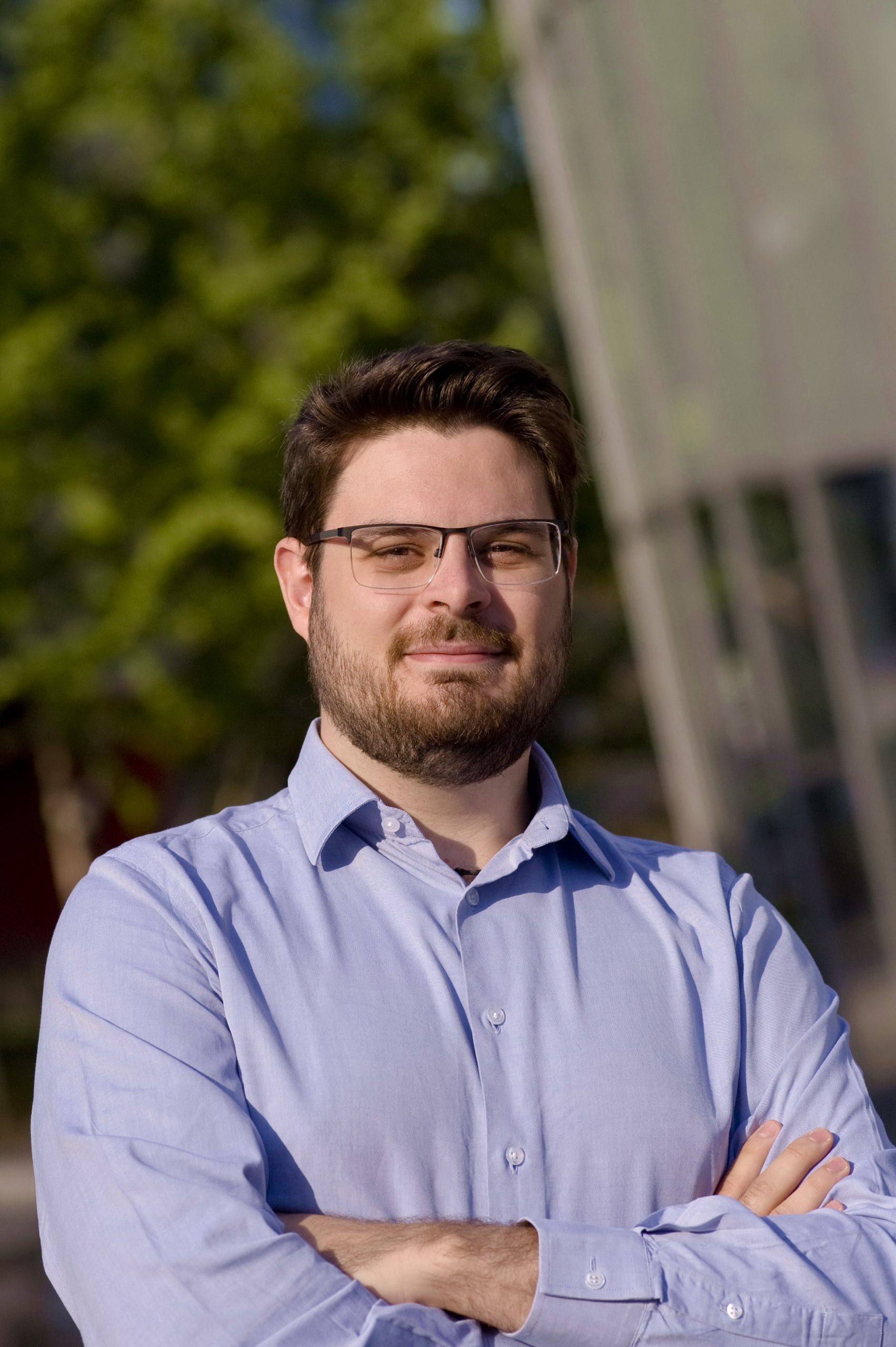

Jacopo Zamboni
Aerospace Engineering
Zamboni developed a practical methodology to design hybrid electrical aircraft. His methodology should make flying more economical in the future. For his design, he took the basic principles of aerospace engineering, electronics and aircraft design. He earned a nine for his thesis and will soon present his results during the AIAA Scitech Conference in San Diego.
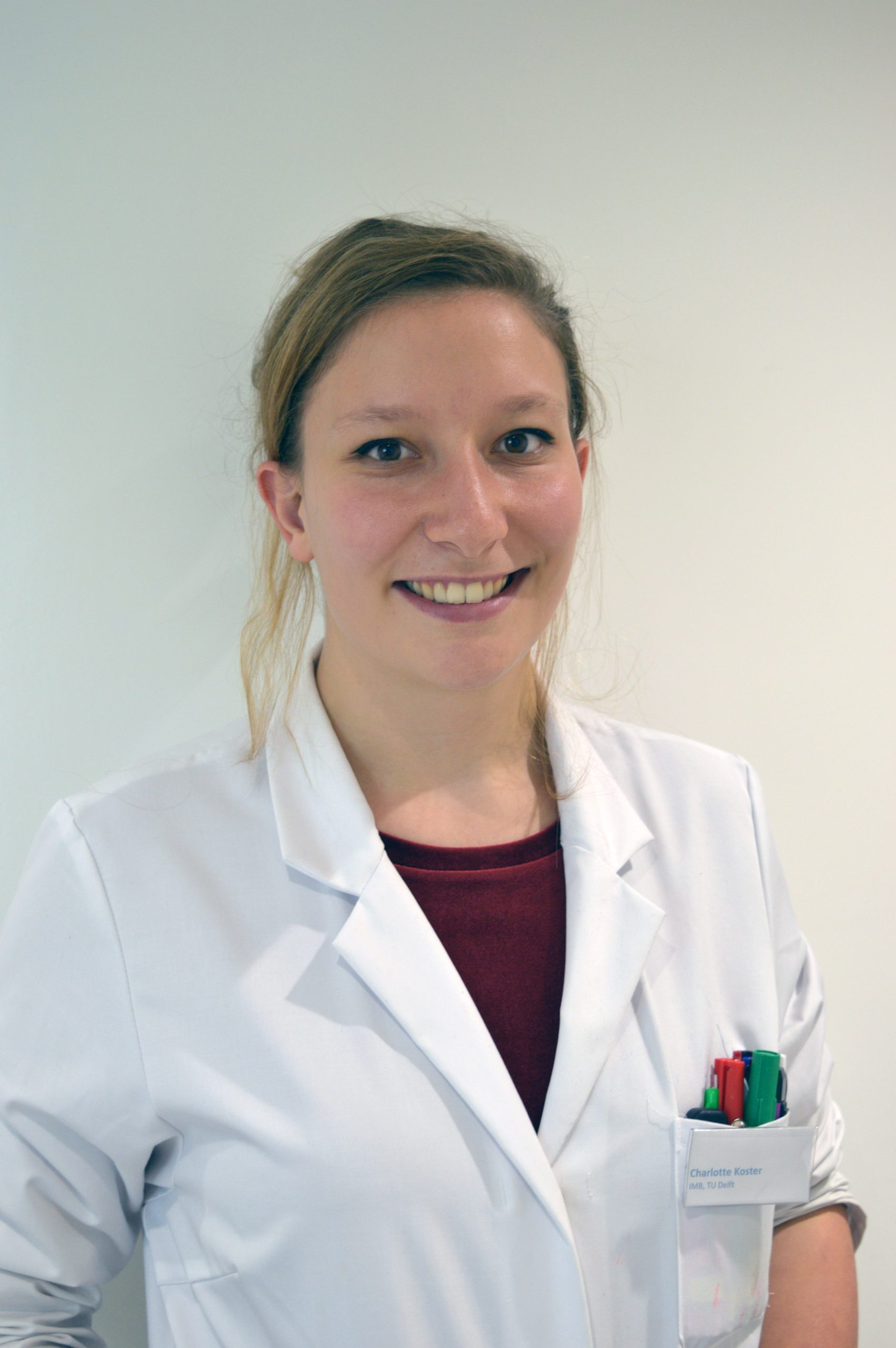

Charlotte Koster
Applied Sciences
Koster developed a method to produce new genetic yeast varieties more efficiently. Her method can be used in the beer brewing industry. Her dissertation was used to submit a patent application for which she will be named as one of the inventors.
Fun fact: As a DreamTeam iGEM member, Koster won an international competition in 2016.
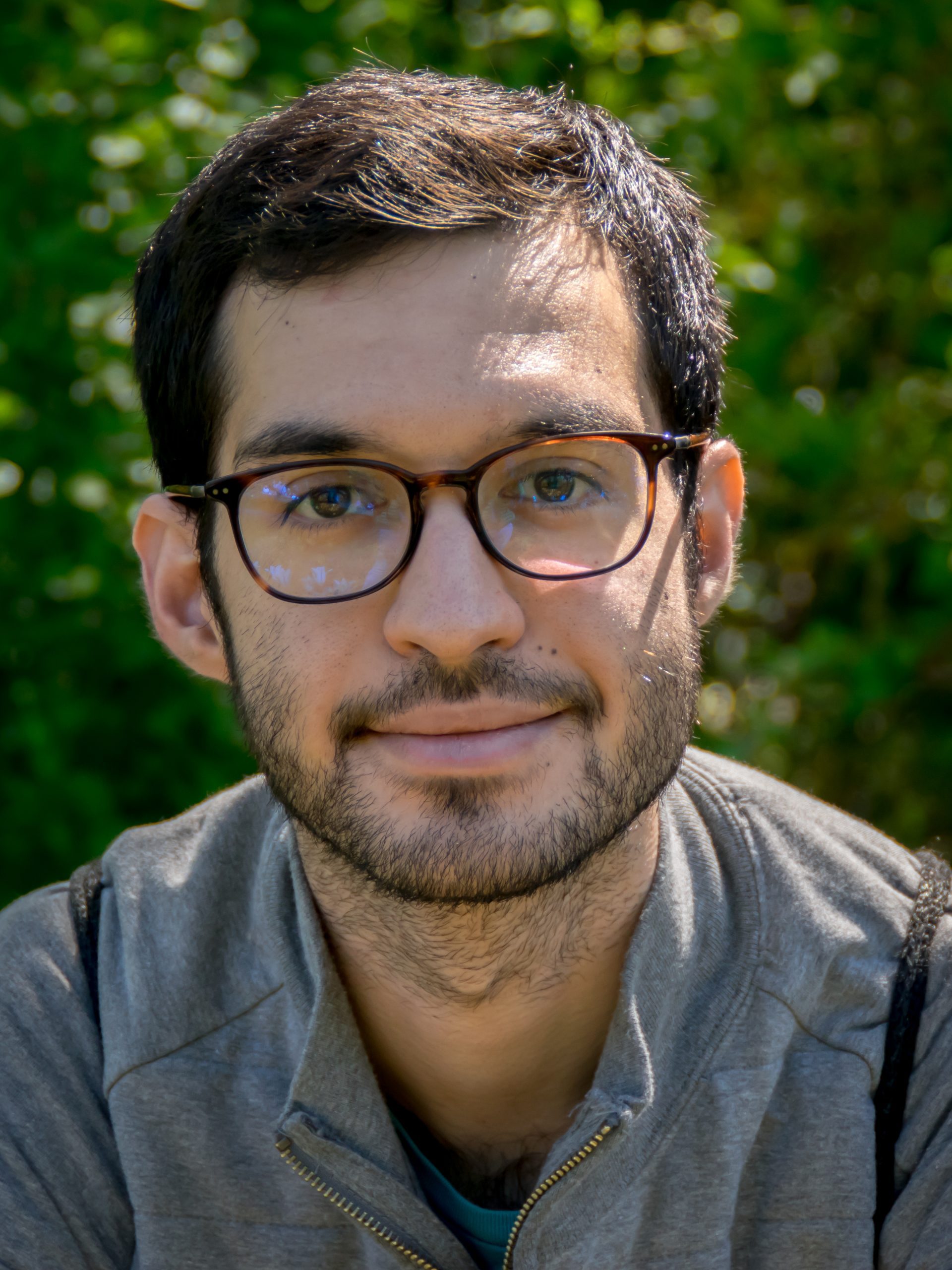

Guillermo Ortiz Jiménez
Electrical Engineering, Mathematics and Computer Science
Ortiz Jiménez’s research is in two parts. The first part of his thesis describes how deep learning helps systems recognise signals. Deep learning is an algorithm that enables computers to recognise patterns. He then designed a system that quickly classifies signals. The second part of this thesis, for which he produced a manual, looks at the long term measuring of these signals. This can help users such as Netflix connect films and viewers in an intelligent way. He received a 10 for this thesis.
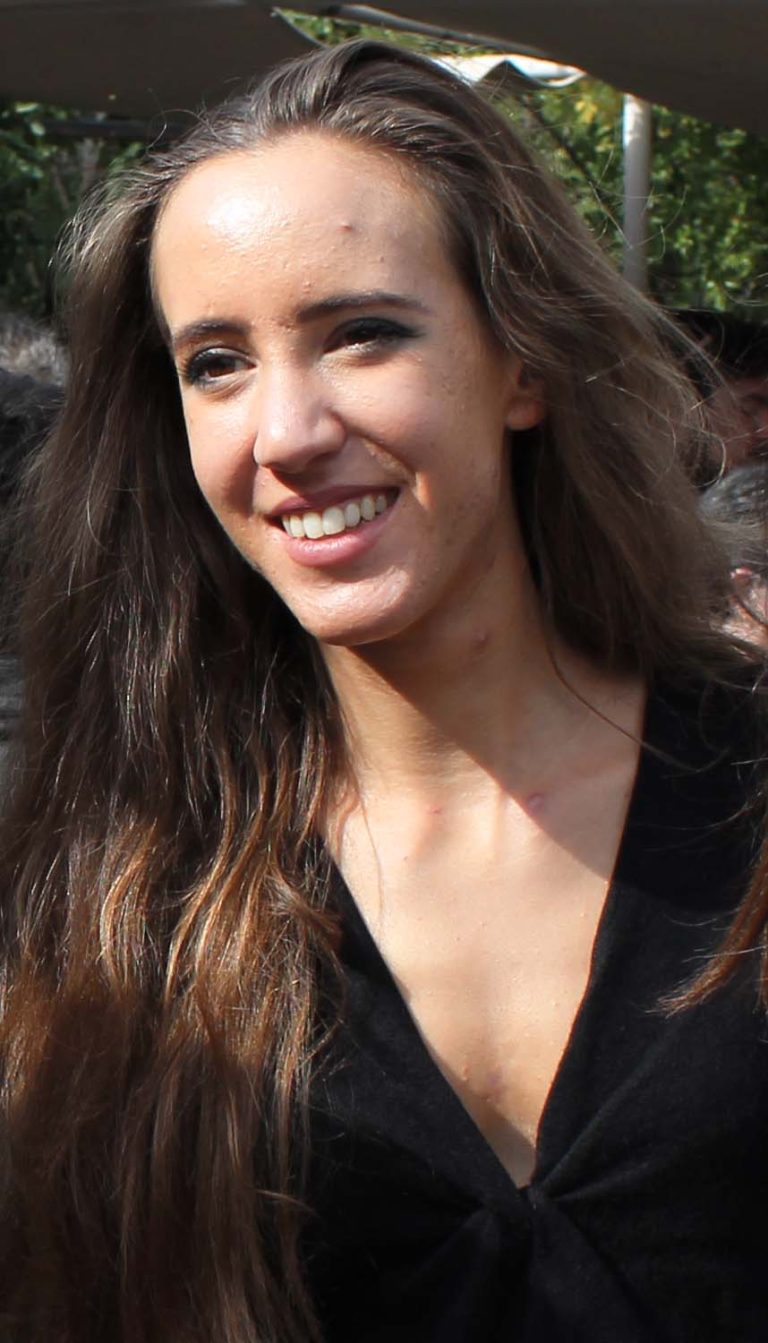

Eleni Chronopoulou
Architecture and the Built Environment
After analysing a polluted the riverine Kifissos area close to Athens, Chronopoulou designed a system that brings together social, ecological and technical aspects. The natural dynamics of the river make it necessary to contain the water. Concrete dikes may protect the inhabitants, but they are in opposition to both the needs of humans and nature. Chronopoulou’s thesis shows how landscape architecture can create a shared basis for the needs of both. She received a 10 for her thesis.
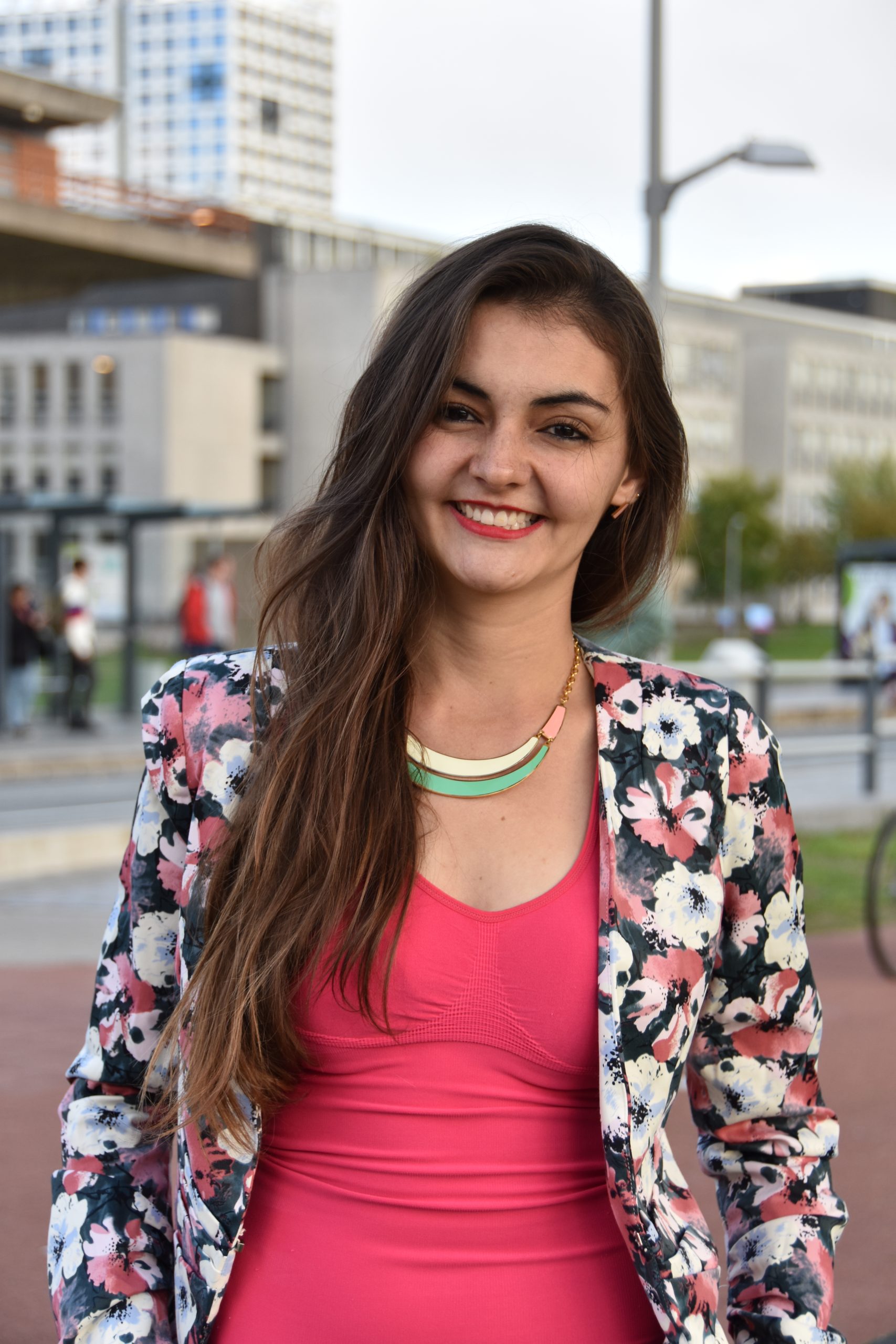

Yenni Villa Acuña
Civil Engineering and Geosciences
The oil and gas industry is finding it ever more difficult to extract these resources because of the scale and complexity of the subsurface. Algorithms play an important part in this process. Calculations of the subsurface determine where drilling is viable. Over a period of five months, Villa Acuña worked to improve an algorithm by making it much faster and more robust. Apart from earning a 9.5 for her thesis, her work is recognised as state of the art in her subject area.


Anne van Lieren
Industrial Design
Van Lieren researched the phenomenon of nudging. Nudging is a motivational technique that stimulates and manages the desired behaviour of people in a positive way. Taking this concept, she developed a theory with which to analyse different nudging techniques. In doing so, she created practical instruments for a toolkit. Van Lieren wrote up her theory in a research paper and presented it at a major international conference. Her toolkit can also be used by designers. She was awarded a 9.5 for her thesis.
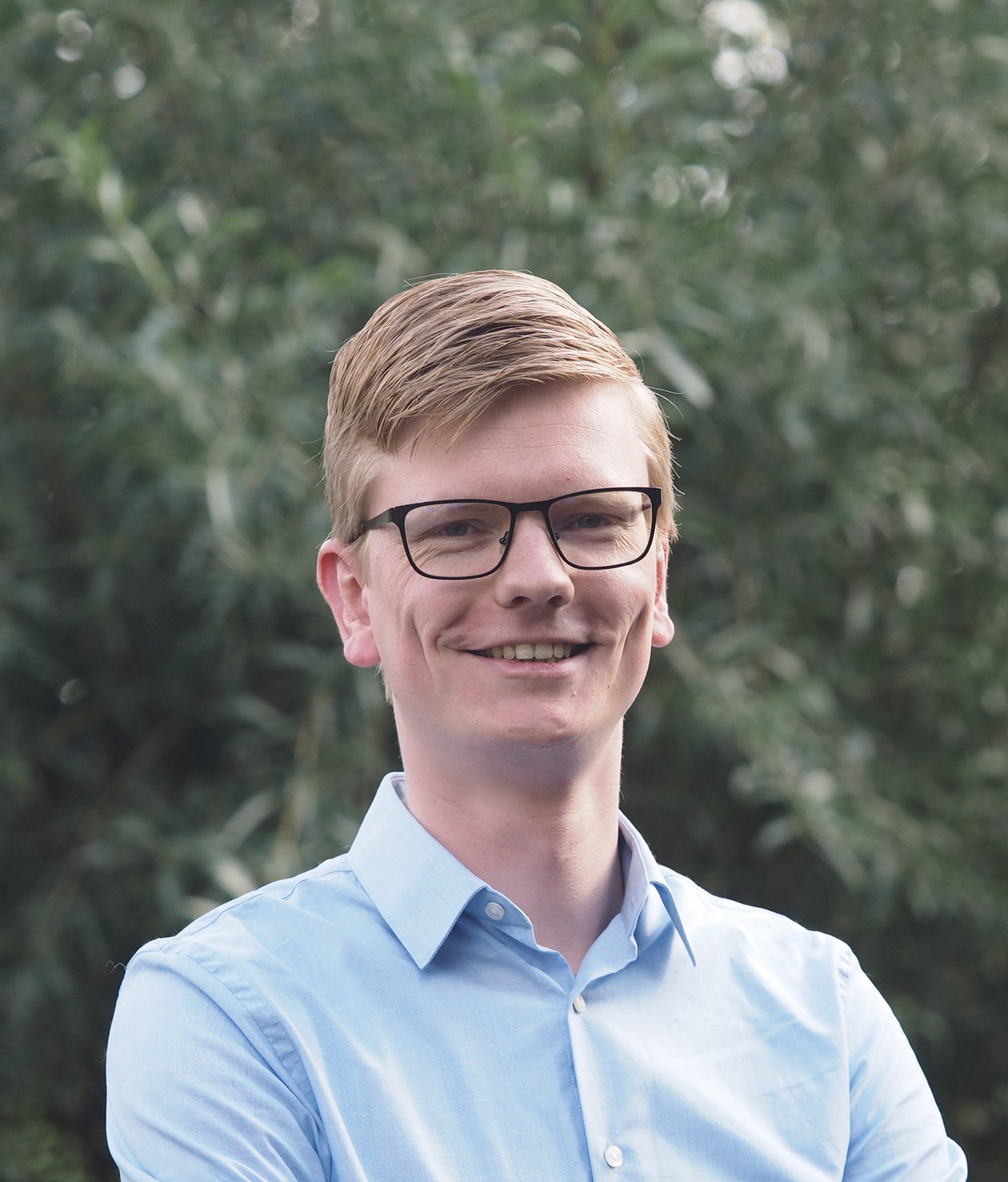

Laurens Valk
Mechanical, Maritime and Materials Engineering
Valk graduated in mechanical engineering and systems & control. His work, that further expands on a theory in distributed control, allows collaborative swarm robots to be operated intuitively.
Fun fact: Valk is also a successful author. His manual, Lego Mindstorms is currently at number 1 in Amazon’s Children’s Books, Computers & Technology, Hardware & Robotics category.
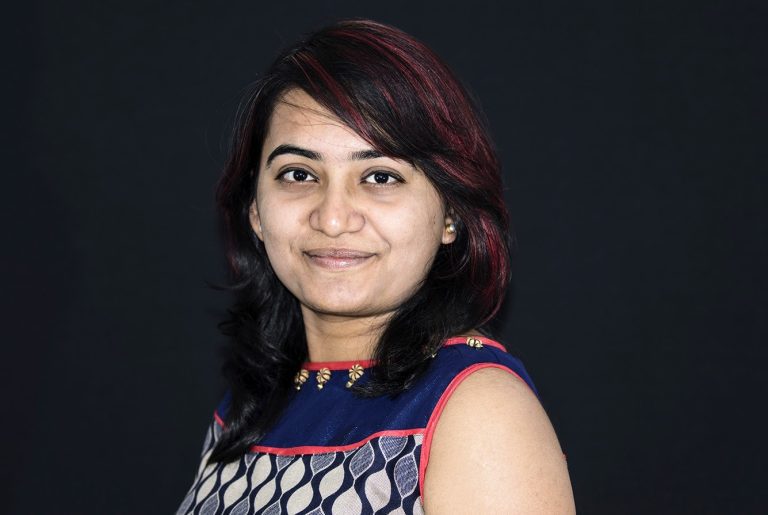

Rhythima Shinde
Technology, Policy and Management
In her thesis, Shinde describes the potential of sustainable energy in the Indian countryside. She did her research in India and discovered that there are several ways to generate and use energy. To this end, Shinde developed climate neutral technological solutions. She received a 9.5 for her dissertation.
Fun fact: Shinde is co-founder of the Energy Bazaar start-up through which she can put her theory straight into practice.
Do you have a question or comment about this article?
m.vanderveldt@tudelft.nl

Comments are closed.